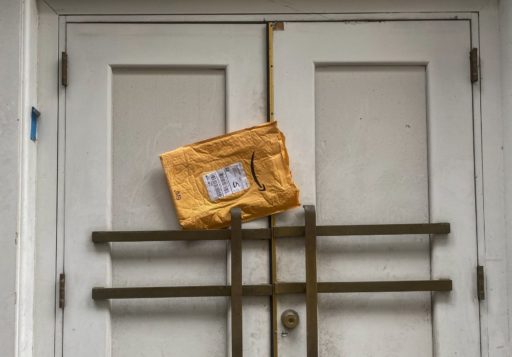Risk Assessment
I’ve been writing criticism and reviews for five decades. It started with rock music in my college days, moved on to an academic stint on international politics and then morphed these last 25 years into a freelance career covering everything from raw book manuscripts to sports media and golf courses.
Maybe I’m just a grump, but I’ve found my initial judgments to be pretty reliable. Or at least I’ve found that subsequent considerations and editorial refinement just muddy up what was, for me, initial clarity. It might be a case of it being more important to be certain than to be true.
None of what follows should be mistaken for my complaining. I am well aware of the inherent class bias of these concerns. Many people – most people – are suffering extreme stress from unemployment, money woes, threat of virus exposure in the work place, or health worries about family. What’s so frustrating about the situation we are now in is that all of the normal daily complexities of life have been compounded to an extreme degree. Everyday life has changed completely, in big ways and in little ways. Here are some of the little ways.
Eight weeks now, and we’ve cooked every meal. When a friend reminded us that we should support local restaurants through the pandemic and help them survive by utilizing the occasional take-out meal, my immediate response was pretty harsh. “It’s not worth dying for. Or at least not the risk of infection.”
To start with, we’ve been supportive of the various people we work with even as we can’t use their services right now. That’s meant a few modest checks sent out to various people: the four-hours-a-week cleaning lady whose labor we are sorely missing as we stare at our increasingly grubby kitchen floor; the occasional landscape guy who did the physical work that I now claim to be undertaking as exercise; and a physical trainer whose regular work outs we now compensate for through stretching and extended walks.
When it comes to food we are relying entirely on delivery services arranged on line. Instacart is expensive but we figure it’s a lot safer – for us, if not for the delivery people – than actually going into a grocery store. Or should I say “less dangerous” than lining up with others and negotiating inadequately spaced aisles. It’s a choice we make, based on an instinctive assessment that some things are worth it. Shopping is not.
Thus the spate of deliveries to the garage: cat food, bird food, garden supplies, and books (which we prefer to get from an independent Connecticut bookstore, R.J. Julia, rather than relying upon a virtual big box supplier like Amazon).
Handling items we receive involves a ritual based on taking extreme care. The food packaging has to be scrubbed down with bleach. The produce gets thoroughly washed. The household goods that can wait sit out in the garage for a few days so that any viral material dissipates. The same goes for the mail, which I retrieve on a daily basis with gloves from the mailbox, then let it sit on shelf in the garage for a few days – after which I wash down thoroughly.
The procedure holds for those precious, infrequent days when a check arrives in the mail for articles I’ve written. It hurts to let it sit but I have to. And only then do I deposit it in the back via a digital app that allows me to photograph the front and the signed back.
Through all of this we still support our local newspaper, the “Hartford Courant,” but even that is ceremonial since I let the print issues pile up in a corner by the garage and only after a few days remove them from their plastic sleeve and throw them into the recycling bin. (My wife uses the plastic sleeves for pulling out poison ivy). Instead, we follow our local and national news on line, which is where we now also get our crosswords.
The “Washington Post” has proven excellent for news but lousy for its crosswords. For those we rely upon the “Wall Street Journal” and “New York Times.” I can’t tell if doing two a day has made me sharper through these last two months or if the newspapers have dumbed down their daily puzzles to appeal furtively to a wider audience. In any case I download them daily, and then flip the sheet over and save it for the next day’s puzzle so that we limit our use of printing paper.
Maybe we’re just obsessed. Pandemics will do that to you. All I know is that everyone has their style of risk assessment and ours is aversion on an acute level. Perhaps it’s simply age, since we are both old enough and with underlying medical sensitivities that qualify us as especially vulnerable.
My older brother, who lives in Houston, reports that he is okay going to grocery stores (with a mask on) but finds it crazy that folks are populating the newly opened shopping malls. Both behaviors strike me as unnecessarily risky.
As for take-out meals, we’re holding out. But after considering the various risks involved, which include the possibility of restaurant bankruptcy, I’m sending off a few more checks, this time to our local favorite Asian bistros. Not for take-out but as gift certificates for our future. And theirs.
